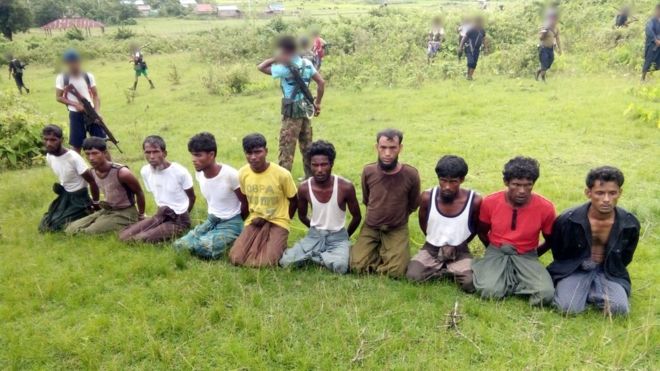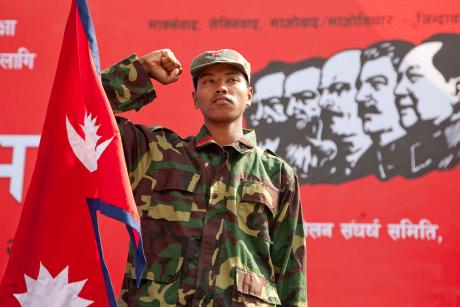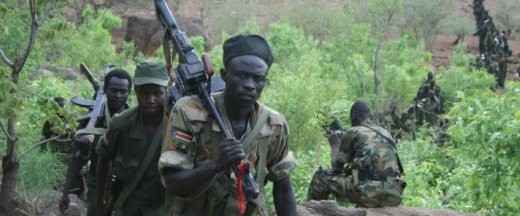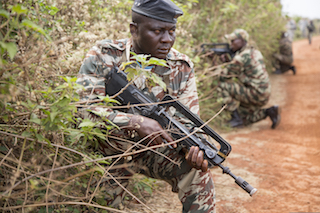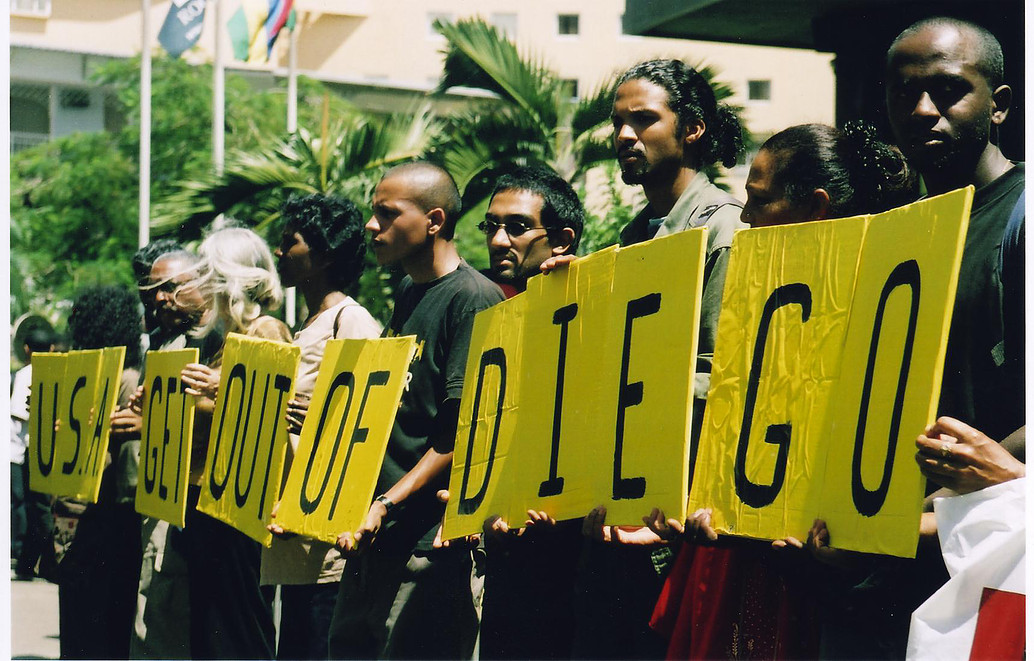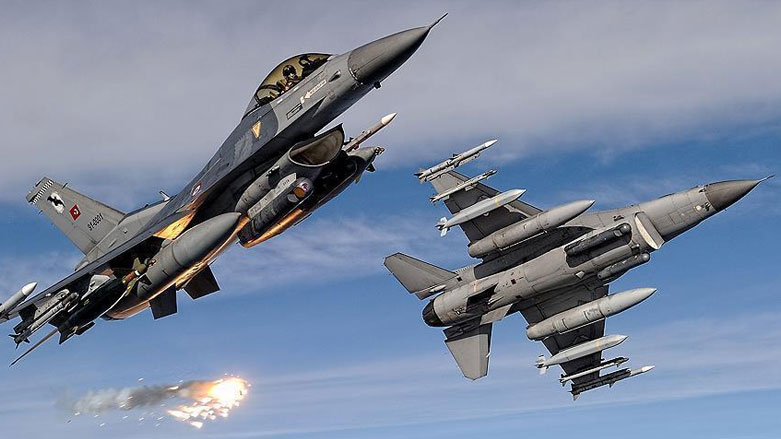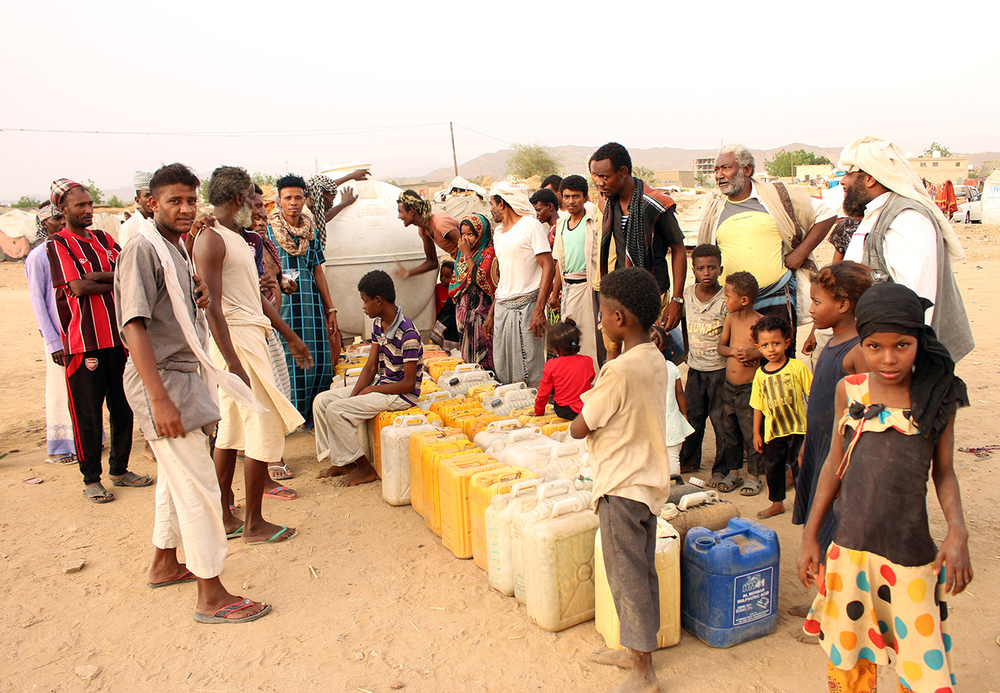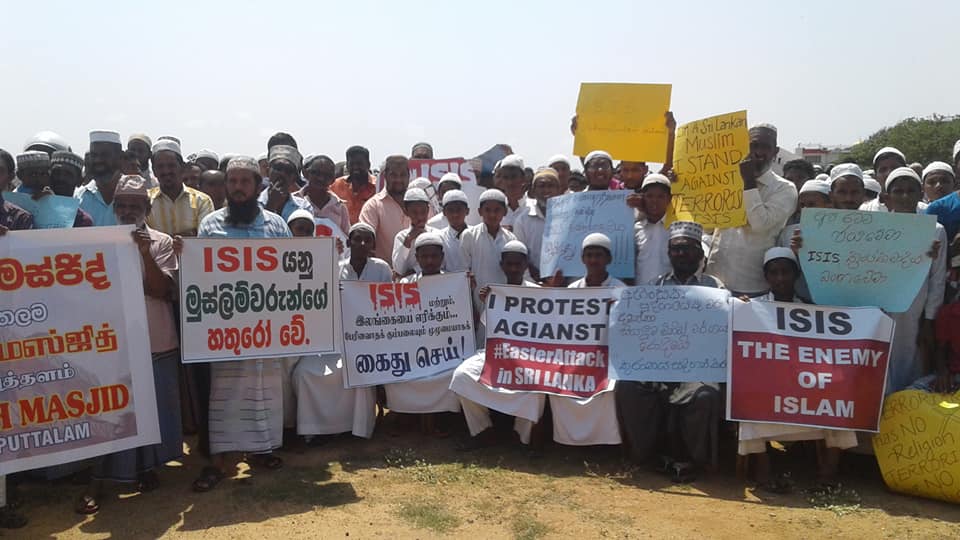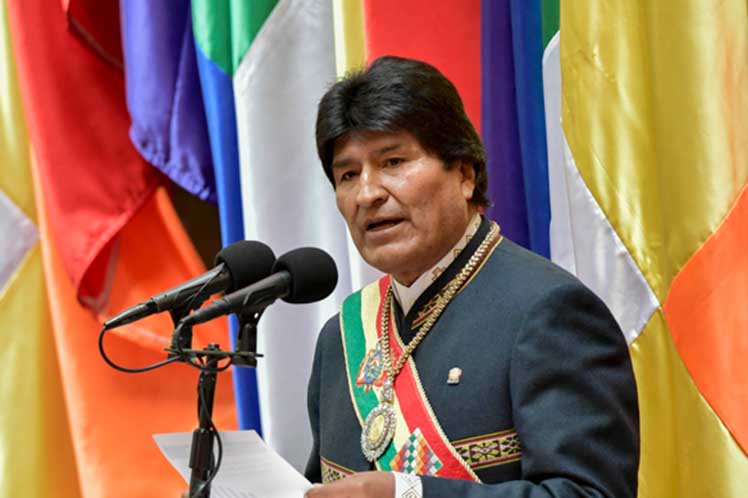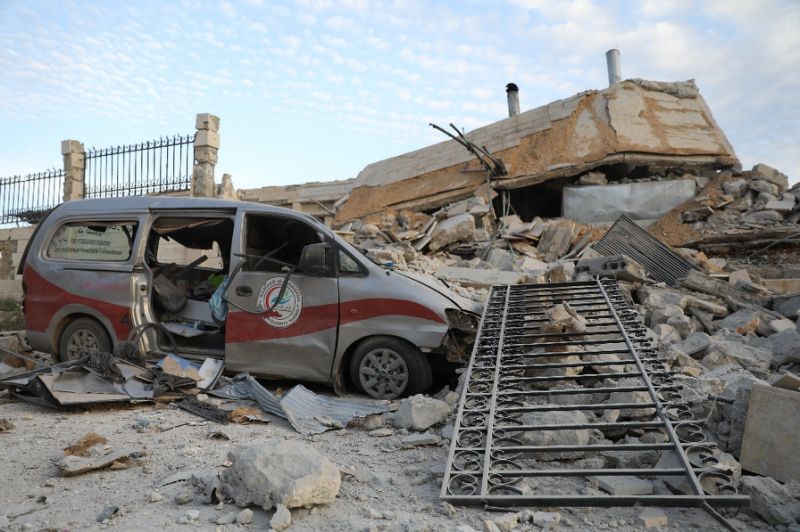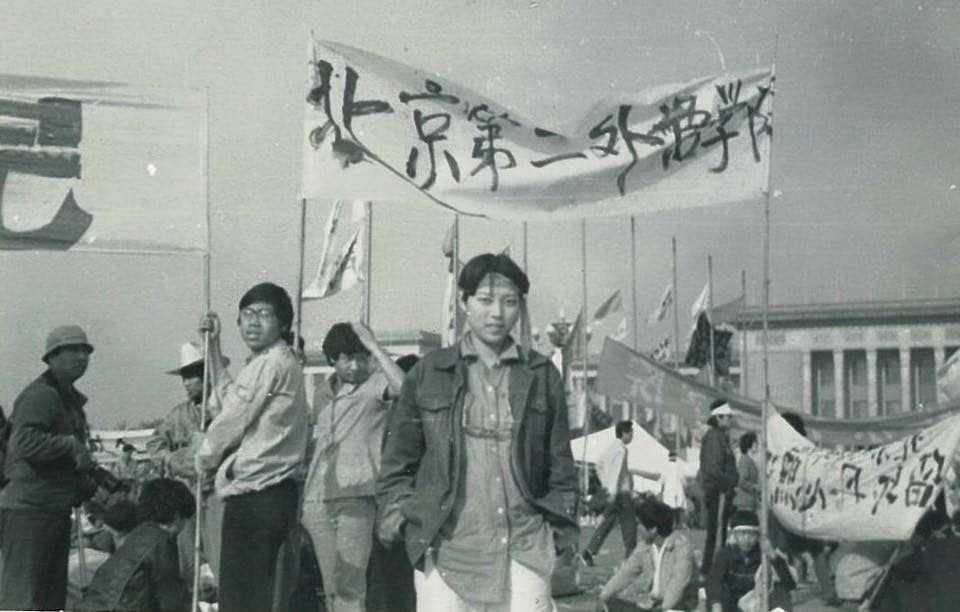
Podcast: Memories of Tiananmen Square
In Episode 34 of the CounterVortex podcast, Bill Weinberg interviews Rose Tang, veteran journalist, activist, artist, and survivor of the Tiananmen Square massacre. In an in-depth oral history, Tang recounts her experiences as a student leader in Beijing in the spring of 1989, her witness to the June 4 repression, and her work as a public voice for Tiananmen Square survivors. Listen on SoundCloud, and support our podcast via Patreon. (Photo via Rose Tang)



